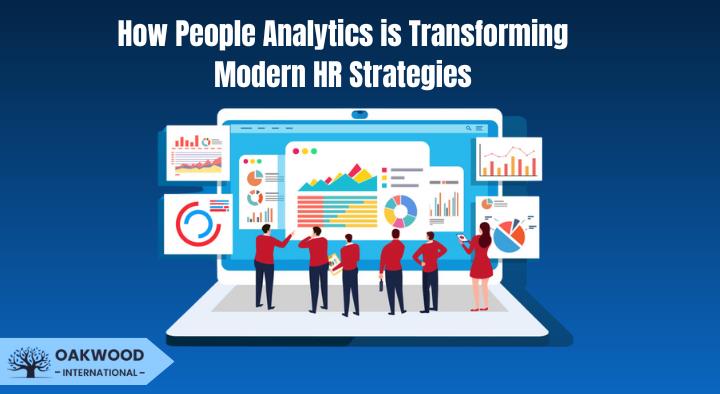Social responsibility isn’t just a box to tick off anymore; it’s becoming a fundamental driver behind how brands operate. But what does it mean for businesses to step beyond profits and consider ethics? In strategic decision-making, professionals equipped with CIMA CGMA Strategic Level Courses are learning how the balance between profit and purpose shapes the future of brands.
When was the last time you checked the Code of Ethics behind a brand you admire or looked into how its business practices impact the world? Ethical business practices are now central to creating lasting, meaningful connections with customers. Let’s explore how social responsibility influences brands and why it’s becoming essential to modern business strategies.
Table of Contents
- The Role of Ethics in Modern Branding
- How Social Responsibility Shapes Consumer Trust
- The Link Between Ethics and Business Longevity
- Conclusion
The Role of Ethics in Modern Branding
Consumers expect more from brands than high-quality products or services in an era of constant connectivity. They seek brands that stand for something greater and align with their values. This shift is not just about compliance or following the rules; it’s about creating a positive impact. Consumers now want to be part of something bigger than themselves, which is why ethical branding is becoming a significant factor in their purchasing decisions.
Leading brands such as Patagonia, Ben & Jerry’s, and The Body Shop have made sustainability, fair trade, and community support foundational to their operations. Ethics are embedded in these companies’ DNA, not just an added feature.
So, why is ethics becoming such a powerful brand differentiator? Simply put, today’s consumers are becoming more discerning. They want to know if the brands they support reflect their values. Social media has made it easier for bad press to spread quickly, and companies that fail to meet ethical standards can face severe backlash. Ignoring social responsibility now affects not only a brand’s reputation but also its bottom line.
How Social Responsibility Shapes Consumer Trust
Consumers are no longer passive buyers but active participants in the success of the brands they support. Long-term consumer loyalty is built on trust, and ethics play a crucial role. Brands that display social responsibility gain consumer loyalty by showing they care about more than just profits.
Consider the rise of companies committed to fair wages, ethical sourcing, and carbon-neutral practices. A brand gains credibility and trust by backing up its promises with actions. A company that makes a difference stands apart from one that claims to be socially conscious. Today, consumers seek brands that aim to positively impact society, not just generate revenue.
By aligning their operations with the values consumers cherish, companies build trust. Transparency is increasingly important, with consumers wanting to know the origins of their products, how they are made, and who benefits from their purchase.
The Link Between Ethics and Business Longevity
Ethical business practices are not a passing trend but a deliberate strategy for ensuring long-term success. Companies that prioritise social responsibility often demonstrate greater resilience in the face of adversity. Why? Because they have already built a loyal customer base that believes in their mission. This loyal customer base is less likely to abandon the brand when tough times arise.
Ethical companies tend to see higher returns on investment, particularly through brand loyalty and positive word-of-mouth. These companies can also charge premium prices for their products and services, as consumers are often willing to pay more for brands they trust. Furthermore, companies that integrate ethics into their everyday operations are better equipped to adapt to changes in regulations and market disruptions.
Whether it’s new environmental regulations or shifts in consumer preferences, companies that have already prioritised ethics are more agile and ready to face new challenges head-on. For example, companies that have invested in sustainable technologies and practices are better positioned when stricter environmental laws come into play.
Conclusion
As brands evolve, ethics and social responsibility will play an increasingly pivotal role in shaping their future. By prioritising ethical practices, companies can cultivate stronger relationships with customers, build long-term trust, and ensure sustainable growth. For those looking to delve deeper into the intersection of strategy and social responsibility, MPES Learning can provide the right insights and knowledge to navigate this essential area.










